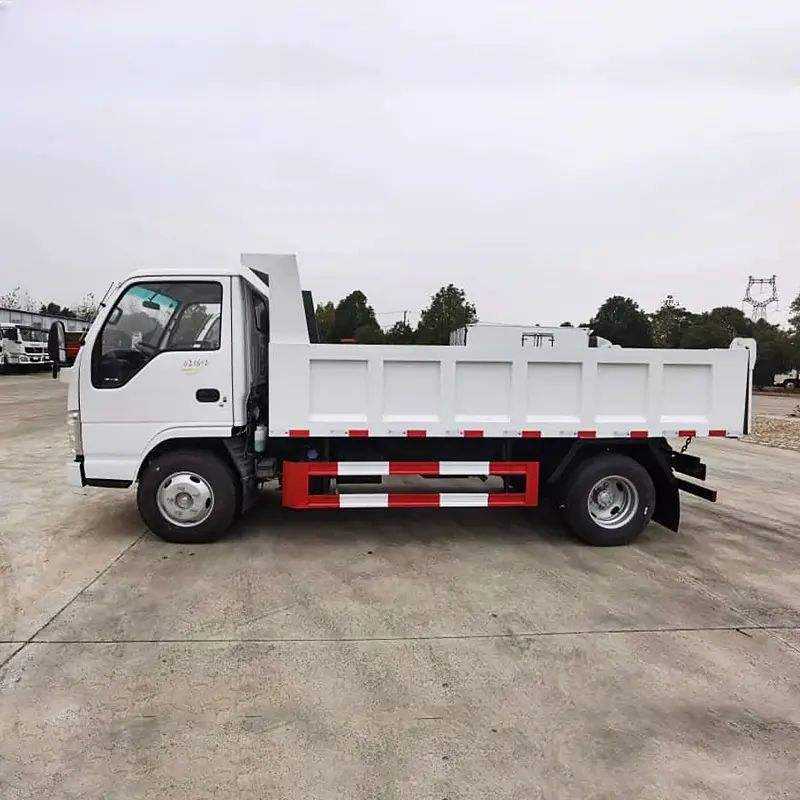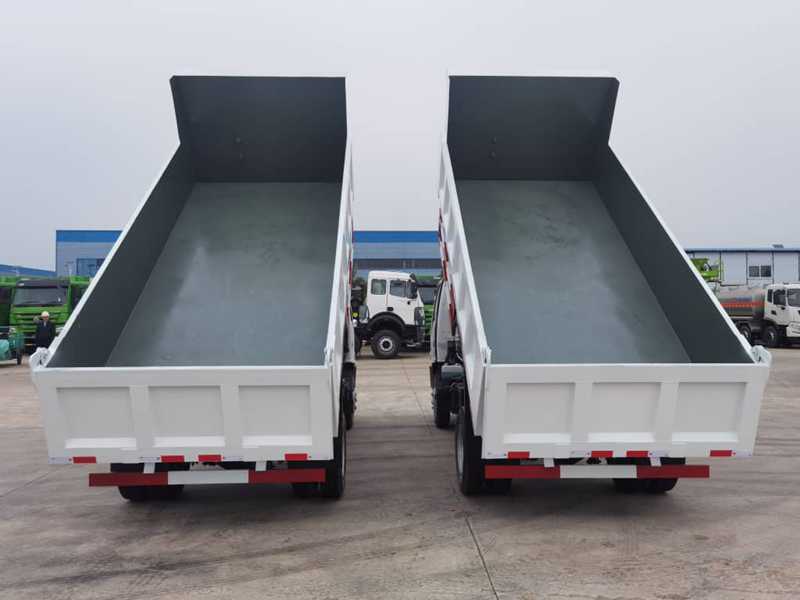Demystifying the Wood Chipping Process: The Intricacies of Chipper Trucks
Chipper trucks are a vital component in the world of landscaping, forestry, and waste management. These powerful machines efficiently convert logs, branches, and other wood debris into wood chips, which can be used for mulch, paper production, or as biomass for energy. Understanding how chipper trucks operate can shed light on their importance and the benefits they bring to various industries.


The Core Functionality of Chipper Trucks
At the heart of chipper truck operations is the wood chipper, a robust mechanism that shreds wood materials into smaller, manageable pieces. Here’s a breakdown of the primary functions and components:
- Feeding System: This is where the wood material is inserted into the chipper. The system often includes a conveyor belt or a hydraulic feed mechanism to ensure a steady supply of material.
- Chipping Mechanism: Consisting of sharp blades or hammers, this component is responsible for the actual chipping process. The material is drawn into the mechanism and swiftly shredded.
- Discharge System: Once the wood is chipped, it is expelled from the truck through a chute, which can be adjusted to control the direction and flow of the wood chips.
Advantages of Utilizing Chipper Trucks
Chipper trucks offer a range of benefits that make them indispensable in their respective industries:
- Efficiency: They can process large volumes of wood waste quickly, saving both time and labor.
- Environmental Impact: By converting wood waste into chips, chipper trucks facilitate recycling and reduce landfill waste.
- Cost-Effective: The ability to turn waste into sellable products like mulch or biomass can offset operational costs.
Addressing the Challenges of Chipper Truck Operations
While chipper trucks are efficient, they also come with their set of challenges:
- Safety Concerns: Operators must be trained to handle the machinery safely to prevent accidents.
- Environmental Regulations: Compliance with local and federal regulations is crucial to avoid fines and legal issues.
Emerging Trends in Chipper Truck Technology
As technology advances, so does the functionality of chipper trucks. Some of the latest trends include:
- Hybrid Models: Combining electric and traditional fuel sources to reduce emissions and increase efficiency.
- Smart Technology: Incorporating IoT and AI to optimize operations and maintenance.
Chipper Trucks vs. Traditional Wood Processing Methods
Comparing chipper trucks to conventional wood processing methods reveals the advantages of modern technology:
| Aspect |
Chipper Trucks |
Traditional Methods |
| Speed |
Fast and efficient |
Slower and more labor-intensive |
| Portability |
Highly portable |
Less portable |
| Cost |
Can be cost-effective |
Higher labor costs |
Final Thoughts on Chipper Trucks
Chipper trucks are revolutionizing the way wood waste is managed and utilized. Their efficiency, environmental benefits, and cost-effectiveness make them a cornerstone of modern waste management strategies. As technology continues to evolve, we can expect even more sophisticated and eco-friendly chipper truck models to emerge, further enhancing their value across various industries.



